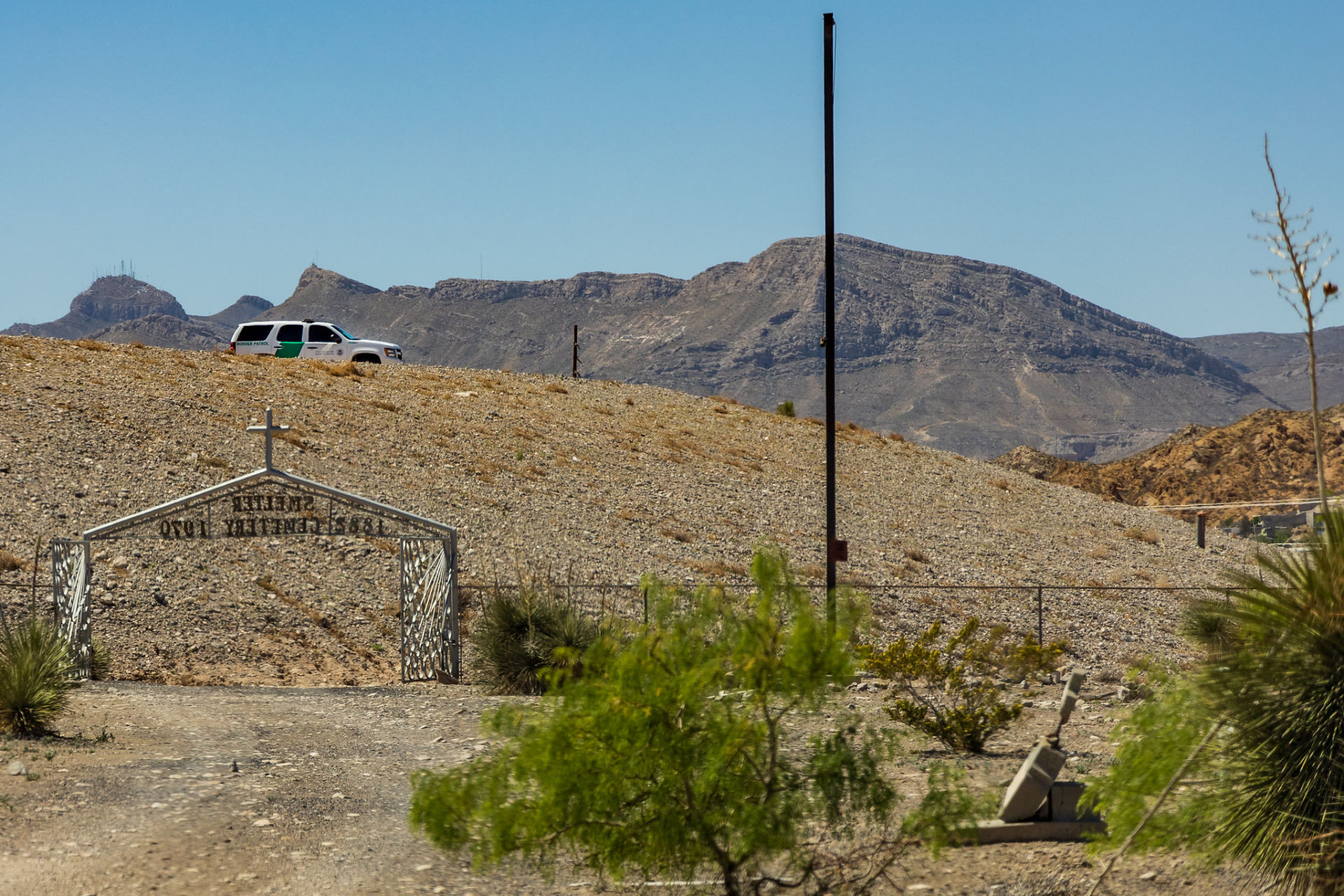On Tuesday, The U.S. Supreme Court voted 5-4 to bar a lawsuit prosecuting a border patrol agent that was standing on U.S. soil when he fatally shot a teenager on Mexican soil in 2010.
The incident occurred June, 7, 2010, when U.S. border patrol agent Jesús Mesa Jr. shot unarmed 15-year-old Sergio Hernández Güereca for allegedly throwing rocks at him. The boy was slain while standing in a dry culvert of the Rio Grande, a barrier separating El Paso, Texas and Ciudad Juárez, Mexico.
Soon after the incident, the Mexican government indicted Mesa for murder, but the U.S. refused to extradite the agent. Meanwhile, Hernández Güereca’s parents filed a claim against Mesa, alleging that he violated Hernández Güereca’s Fourth Amendment protection from unjustified deadly force and Fifth Amendment right to due process.
The Hernández Güereca family’s $25 million civil suit hinged on whether or not the boy was protected under the U.S. Constitution even though he was not standing on U.S. soil when he was shot.
Related Articles: Preserving Ecosystems in Mexico | Fracking in Mexico
This week’s Supreme Court ruling against the Hernández Güereca family indicates that the boy was not protected under U.S. federal laws and that the border patrol agent had qualified immunity to shoot the Mexican citizen on the other side of the border.
According to them they always protect the child and it is not true, they protect the murderer.
— Guadalupe, Hernández Güereca’s mother
The family members of the slain boy are reportedly shocked and very disappointed in the Supreme Court’s ruling. “According to them they always protect the child and it is not true, they protect the murderer,” cried Guadalupe Güereca, the victim’s mother.
Mexico’s Ministry of Foreign Affairs stated on Tuesday, “Mexico expresses its deep concern about the effects that this decision will have in other similar cases in which Mexican citizens have died from gunshots fired by U.S. agents towards the Mexican side. With this precedent, such cases could now have limitations to demand justice and reparation for damage in the courts of that country.”











